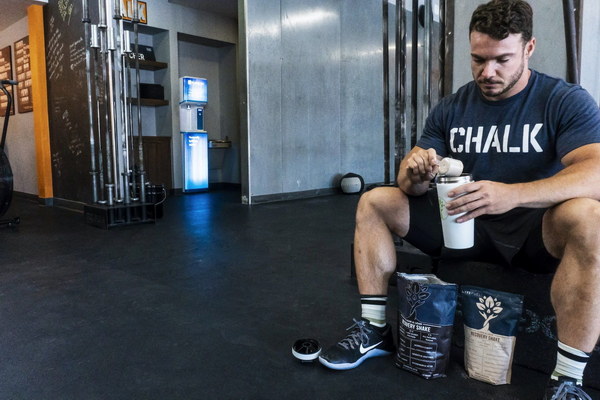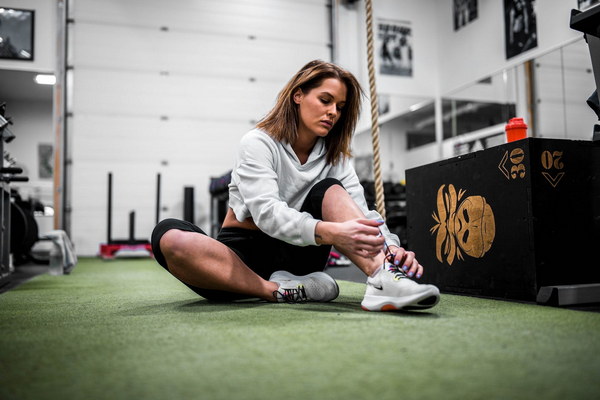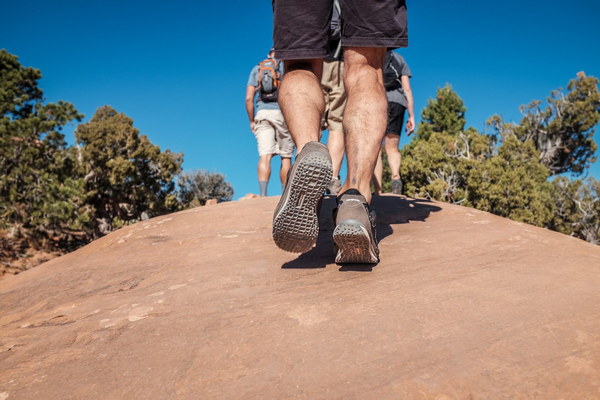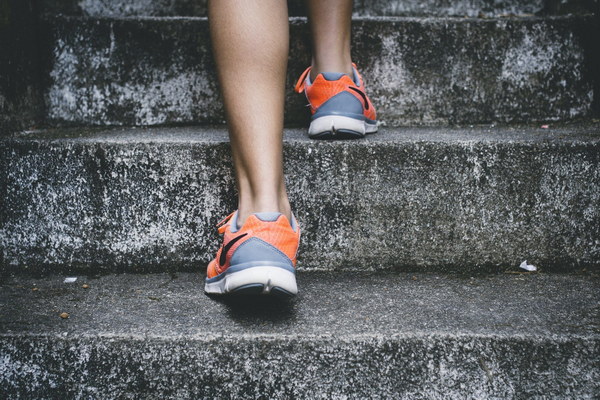PostPestilence Wellness A Guide to Revitalizing Your Health After the Plague
Post-Pestilence Wellness: A Guide to Revitalizing Your Health After the Plague
In the wake of a pestilence, the human body often bears the brunt of the crisis. As communities rebuild and individuals look to regain their health, it's crucial to understand the importance of wellness and the steps needed to recover. This article delves into the key aspects of post-pestilence wellness, offering guidance on how to rebuild your health and vitality after the harrowing experience of a plague.
1. Mental Health: The First Line of Defense
The psychological impact of a plague cannot be overstated. Anxiety, depression, and trauma are common reactions, and addressing these issues is vital for overall well-being. Here are some strategies to promote mental health:
- Seek Professional Help: Therapists and counselors can provide support and coping mechanisms.
- Mindfulness and Meditation: Practices that help calm the mind and reduce stress.
- Social Support: Connect with friends and family, or join support groups to share experiences and feelings.
- Physical Activity: Regular exercise can improve mood and reduce symptoms of depression and anxiety.
2. Nutritional Recovery

After a plague, the body often lacks essential nutrients due to stress, malnutrition, and reduced access to food. Rebuilding your health starts with a balanced diet:
- Increase Protein Intake: Proteins are crucial for tissue repair and immune function.
- Fiber-Rich Foods: Promote digestion and overall gut health.
- Vitamins and Minerals: Ensure a diet rich in vitamins A, C, D, E, and K, as well as minerals like zinc and selenium.
- Hydration: Drink plenty of water to support kidney function and maintain fluid balance.
3. Physical Exercise: A Path to Strength and Resilience
Physical activity is not only beneficial for physical health but also plays a significant role in mental well-being. Here are some exercises to consider:
- Aerobic Exercise: Activities like walking, running, or cycling improve cardiovascular health.
- Strength Training: Build muscle and bone density, which is especially important for the elderly and those with weakened immune systems.
- Flexibility Training: Stretching and yoga can enhance mobility and reduce the risk of injury.
- Tai Chi or Qigong: These gentle practices promote balance, relaxation, and mental clarity.
4. Sleep and Rest: The Body's Healing Power
Quality sleep is essential for recovery. Here are some tips to improve sleep:
- Establish a Routine: Go to bed and wake up at the same time every day.
- Create a Restful Environment: A comfortable and quiet bedroom can enhance sleep quality.
- Limit Screen Time: Reduce exposure to screens an hour before bedtime.
- Mindful Relaxation Techniques: Practices like deep breathing or progressive muscle relaxation can help you wind down.
5. Hygiene and Immune Support
Maintaining good hygiene and supporting the immune system are crucial to prevent future infections:
- Regular Handwashing: Use soap and water for at least 20 seconds.
- Sanitize Surfaces: Clean frequently touched surfaces with disinfectants.
- Vaccinations: Stay up-to-date with vaccinations to protect against preventable diseases.
- Probiotics: Incorporate probiotics into your diet to support gut health and immune function.
In conclusion, the journey to post-pestilence wellness requires a holistic approach, addressing both the physical and mental aspects of health. By following these guidelines, individuals can rebuild their strength and resilience, emerge stronger from the crisis, and look forward to a healthier future. Remember, recovery is a process, and patience, along with persistence, will lead to a full and vibrant life.









